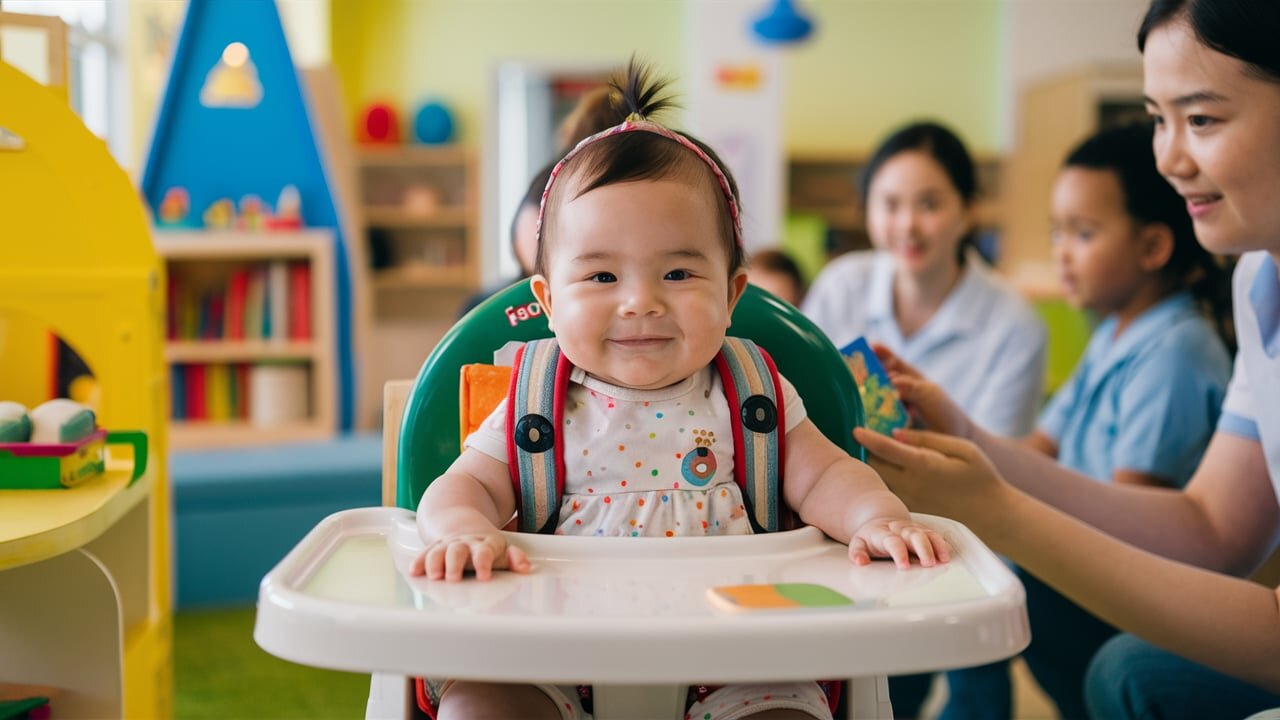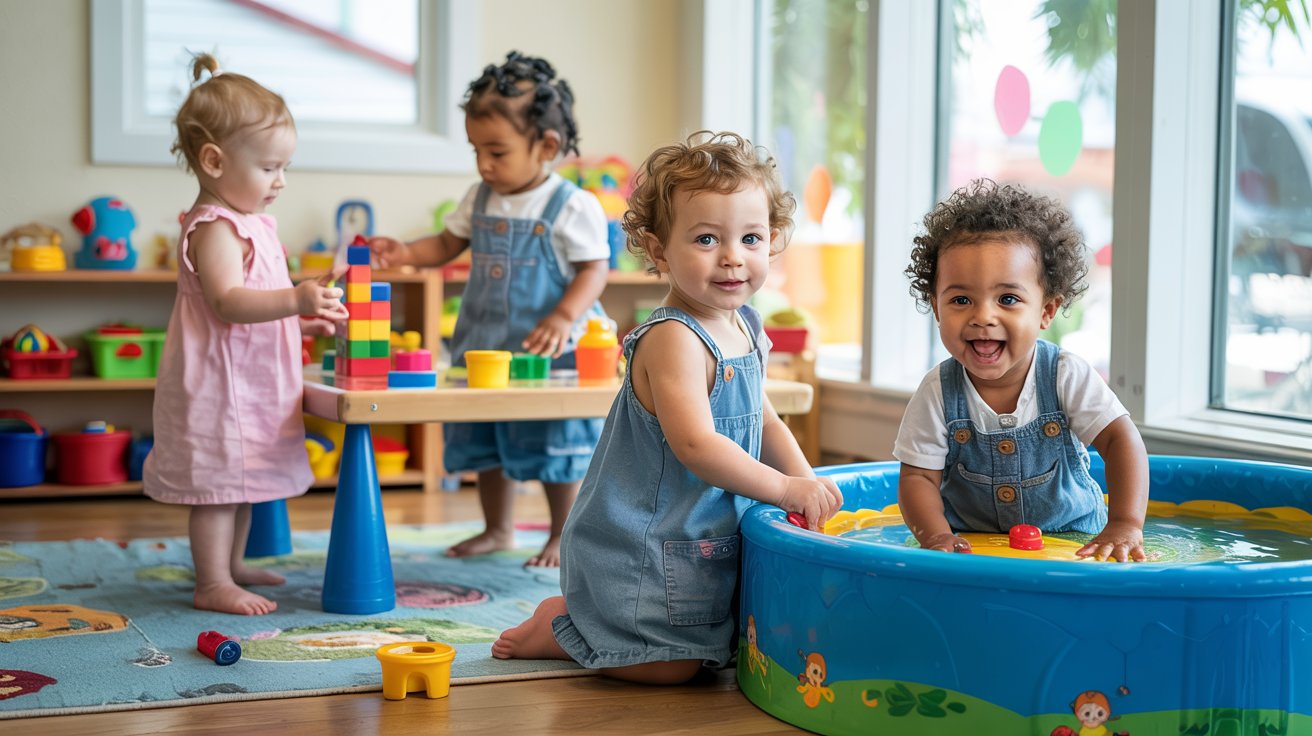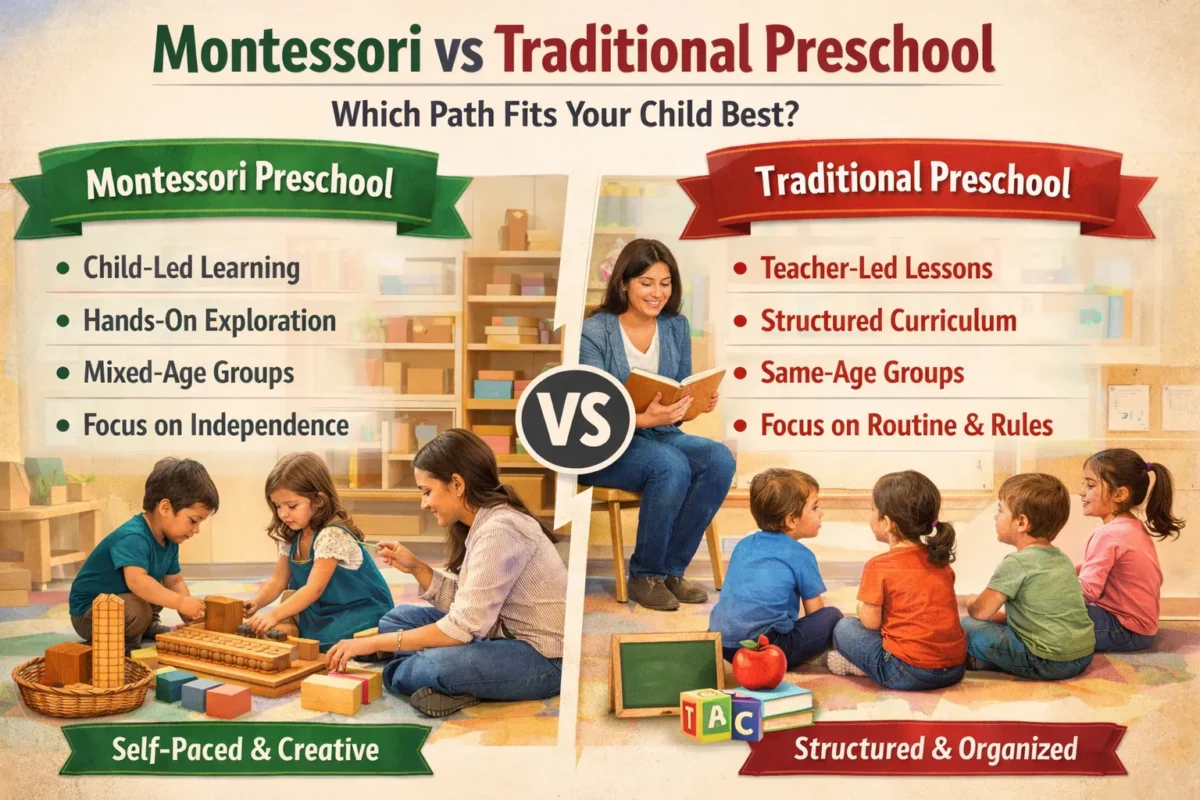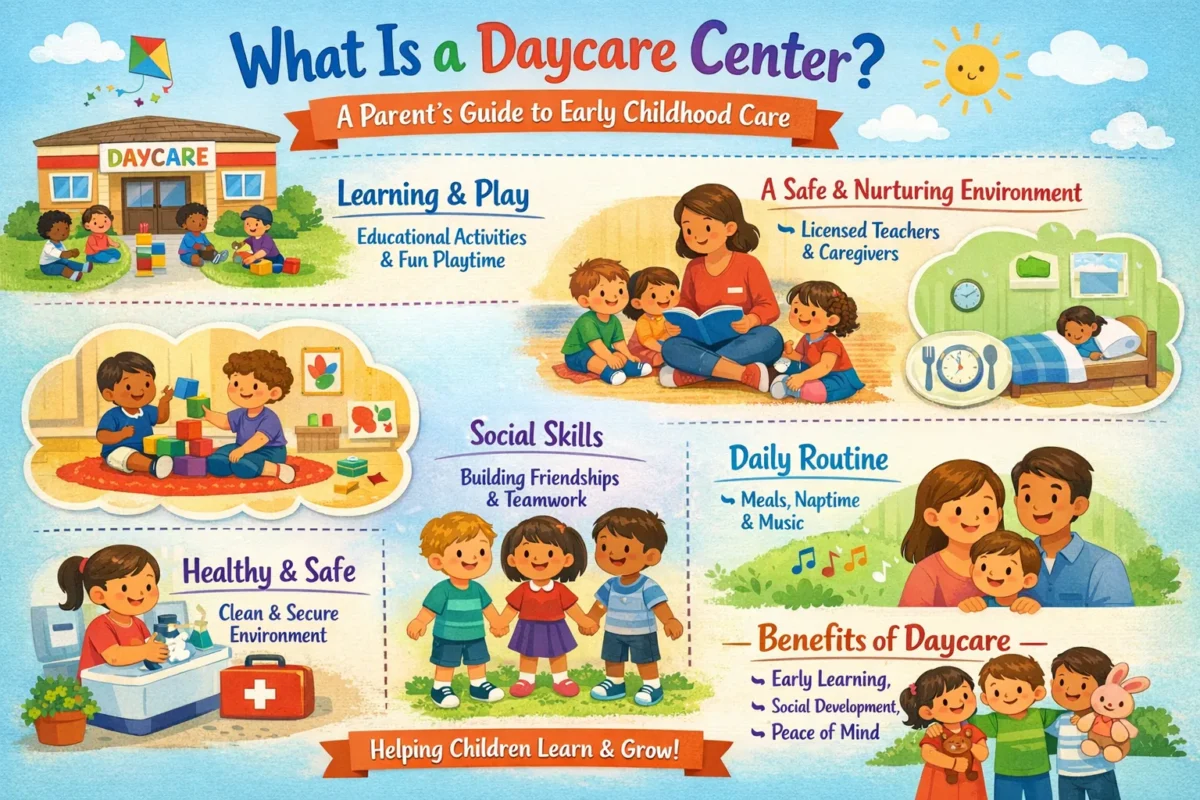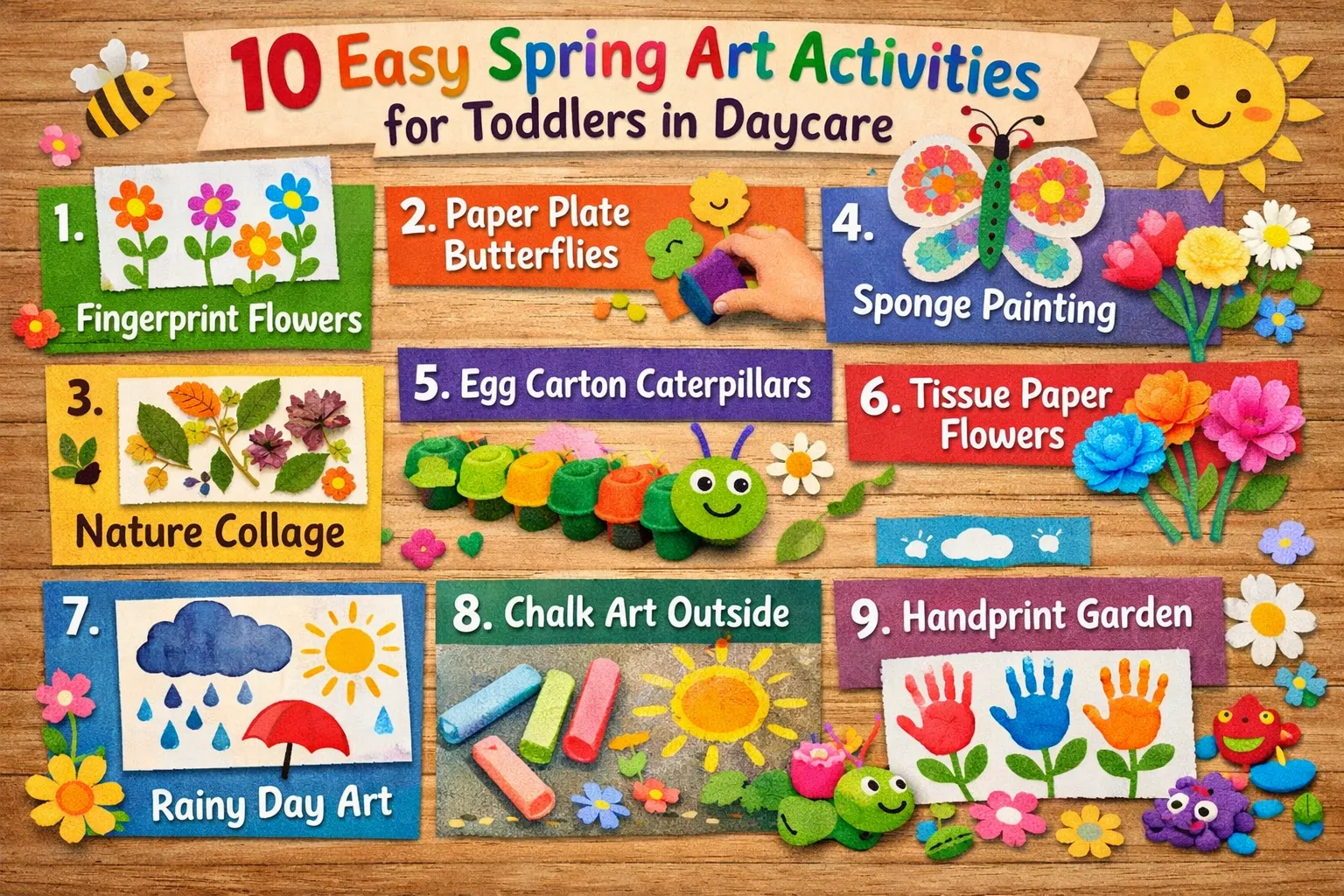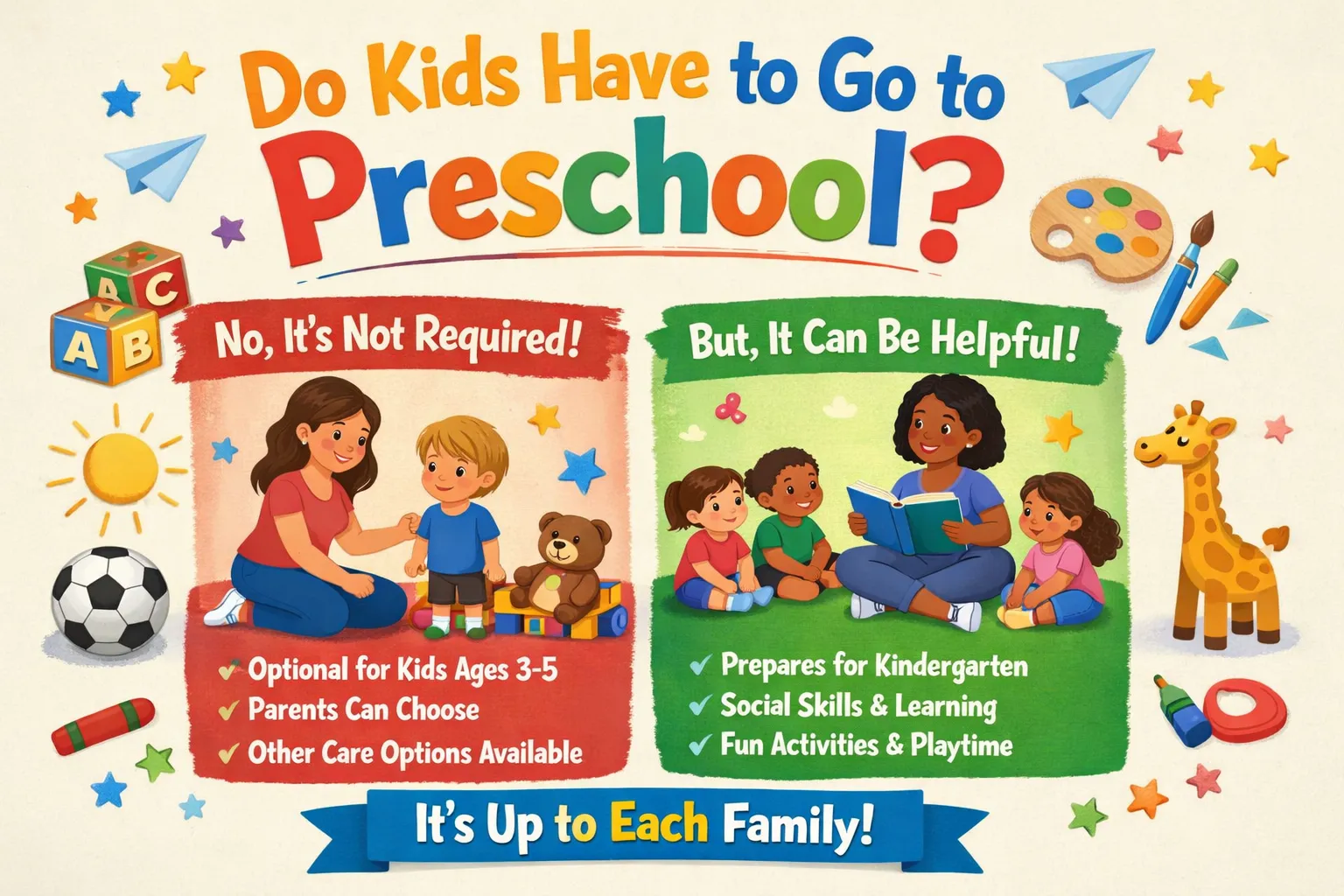Starting daycare is a major milestone for both you and your baby. It marks the beginning of new routines, new faces, and new learning experiences. Whether your baby is 2 months or 12 months old, it’s completely normal to feel anxious about this change.
As a parent, you may be asking: How do I get my baby ready for this big step? What can I do to make the first few days smoother?
In this guide, we’ll walk you through how to prepare baby for daycare—emotionally, practically, and logistically. From the first day of daycare infant experience to age-specific tips, we’ve got you covered with real-life advice and insight to help you and your little one ease into this transition confidently.
Why Preparation Matters
Bringing your baby into a new environment, especially one with unfamiliar caregivers and other infants, can be a big adjustment. Babies thrive on familiarity and routine, and a sudden shift can lead to stress or sleep disruptions.
That’s why it’s essential to start preparing for daycare early. Even small steps in your daily routine at home can help your baby feel more secure when the big day comes.
How to Prepare Baby for Daycare: A Step-by-Step Approach
Here’s a breakdown of how to prepare your baby (and yourself) for a smooth transition to daycare:
1. Start With a Visit
Visit the daycare center with your baby before the first day. This helps both of you get familiar with the environment. Ask to see the infant room, meet the caregivers, and observe the routine.
If possible, schedule a few short visits where your baby stays for 1–2 hours to ease into the experience. Many centers are happy to accommodate this kind of first week of daycare transition.
2. Get to Know the Routine
Understanding the daycare’s daily structure helps you align your baby’s schedule at home. You might ask about nap times, bottle feeding procedures, and how they comfort babies during the day.
This is particularly helpful for younger infants—if you’re wondering how to prepare 3 month old for daycare or even for a 2 month old daycare start, syncing routines in advance can make the experience less jarring.
3. Communicate with Caregivers
Clear communication builds trust. Ask about:
-
How they manage separation anxiety
-
Feeding and diaper routines
-
Sleep environment and schedule
-
Emergency procedures
If you’re working with infants in daycare, you’ll want to know they’re getting the right care, and as a parent, your peace of mind matters too.
4. Establish a Home Routine Early
Leading up to the start date, begin a consistent morning routine: wake your baby at the same time, follow similar feeding patterns, and practice getting out the door.
This practice is a game-changer for getting baby ready for daycare, especially in that critical first week of daycare.
5. Prepare Emotionally
Babies are more intuitive than we think. If you’re anxious or emotional, they can sense it. Try to stay calm and confident. Short practice separations at home—such as leaving your baby with a trusted family member for short periods—can help build independence.
If you’re struggling emotionally with the change, remind yourself that you’re helping your baby grow and learn to trust others—a vital life skill.
What to Pack for Baby’s First Day
When the big day arrives, here’s a checklist to ensure your baby has everything needed:
-
Diapers and wipes
-
Bottles and formula or breast milk
-
Extra clothes
-
Swaddles or sleep sacks
-
Pacifiers (if used)
-
A familiar blanket or lovey (if allowed)
-
Feeding instructions
Label everything clearly to avoid mix-ups. These details may seem small, but they make the difference in a smooth start on your baby’s first day at daycare.
Infant Daycare Tips to Keep in Mind
Every daycare is different, but some universal infant daycare tips include:
-
Dress your baby in comfy, easy-to-change clothes
-
Communicate your baby’s preferences (how they like to be held, how they nap best)
-
Don’t linger too long at drop-off; a quick, loving goodbye works best
-
Check in with caregivers about how your baby’s day went
-
Be patient—it may take time for your baby to fully adjust
The first few days may feel rocky, especially if your child cries during drop-off. But rest assured—this is totally normal. In most cases, babies begin to feel safe and settled within a week or two.
Baby’s First Day of Daycare: What It’s Really Like
The first day at daycare infant experience can feel like a whirlwind. You may feel nervous and uncertain, especially if this is your first time being away from your baby for extended periods.
But you’re not alone.
Many parents report that their baby’s first day of daycare involves tears—not just from the baby, but from the parents too. That’s okay. It’s all part of the journey.
A few helpful tips:
-
Arrive early to avoid feeling rushed
-
Give clear instructions to staff
-
Stay positive during drop-off—babies pick up on your energy
-
Trust the professionals—they’re trained in daycare tips for infants and handle these situations daily
Remember: it gets easier. And before you know it, your baby will be smiling at their favorite caregiver or waving goodbye without a fuss.
How to Prepare Your Baby for Daycare at Different Ages
Every baby is different, and preparation may vary depending on age.
For 2–3 Month Olds
If you’re asking how to prepare 3 month old for daycare or thinking about 2 month old daycare, focus on:
-
Establishing feeding and sleep patterns
-
Introducing tummy time and stimulation routines
-
Practicing short separations
-
Preparing bottles ahead of time
Young babies need consistency. The earlier you introduce a rhythm, the better the adjustment will be.
For 6+ Months
Older infants are more aware of their environment and may experience separation anxiety. In addition to the steps above, try:
-
Reading board books about daycare
-
Talking about the transition in simple language
-
Sending familiar items (a small blanket or soft toy)
-
Practicing daycare-like routines at home
Every stage has its challenges, but also its rewards.
FAQs
1. What is the best way to prepare a baby for daycare?
The best way to prepare your baby for daycare is to establish a consistent routine at home, visit the daycare center beforehand, and gradually introduce short separations. Familiar items like a blanket or pacifier can also help ease the transition.
2. How early should I start preparing my baby for daycare?
Begin preparing at least 2–3 weeks before the first day. This gives you time to adjust your baby’s sleep and feeding schedule to match the daycare routine and to slowly practice separations to build comfort and confidence.
3. What should I pack for my baby’s first day at daycare?
Pack diapers, wipes, extra clothes, bottles or formula, pacifiers, sleep items like a swaddle or blanket, and any comfort items your baby uses. Always label everything clearly to prevent mix-ups.
4. How do daycares handle infants on their first day?
Infant caregivers are trained to offer emotional support, comfort, and close attention. On the first day, they follow your baby’s home routine as closely as possible, offer one-on-one soothing, and communicate updates throughout the day.
5. What should I expect during my baby’s first week of daycare?
During the first week of daycare, your baby may cry more, sleep less, or eat differently. This is normal. Most infants adjust within a few days as they get used to the new environment, caregivers, and routines.
6. Is it okay to send a 2- or 3-month-old baby to daycare?
Yes, many daycare centers accept infants as young as 6 weeks. Make sure to choose a licensed center with a low caregiver-to-infant ratio and trained staff experienced in working with young babies.
7. How can I help my baby adjust to the daycare routine?
You can help your baby adjust by mimicking the daycare’s feeding and sleep schedule at home, practicing drop-off routines, keeping goodbyes short, and staying calm and positive during transitions.
Final Thoughts
Preparing for daycare is more than just packing a diaper bag—it’s an emotional and developmental step forward. Whether it’s your baby’s first day at daycare or the first full week of daycare, how you prepare makes a huge difference in their adjustment and comfort.
So, if you’re searching how to prepare baby for daycare, know this: you’re already doing the right thing by researching, planning, and showing up with love and intention.

